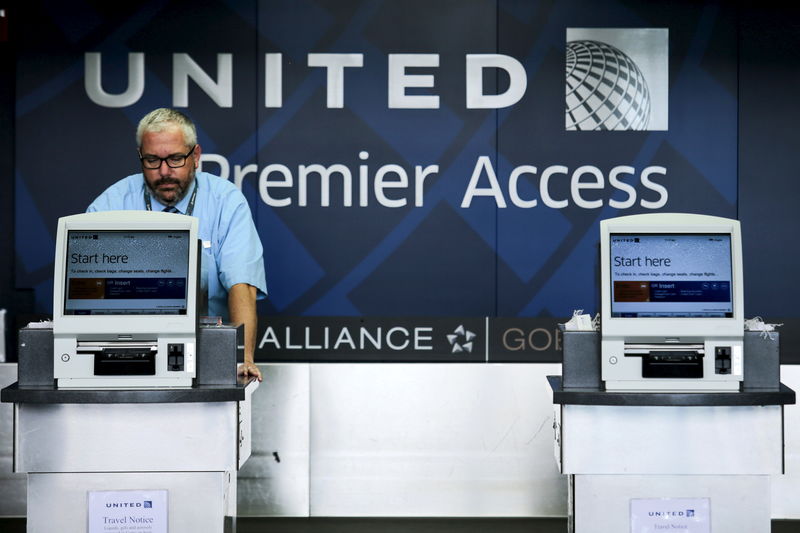On Monday, American Airlines (NASDAQ:AAL) made adjustments to its flight capacity, marking a continued trend among network carriers to moderate growth. The airline's system capacity for December was reduced by 270 basis points (bps), with a more significant cut of 350bps in domestic markets. Despite these reductions, American Airlines displayed a marginal increase in system capacity for February 2025, with a 0.5% gain compared to the previous week.
This moderation in growth comes as other airlines also recalibrate their schedules. Delta Air Lines (NYSE:NYSE:DAL) announced a decrease in system capacity by 90bps for December, 150bps for January, and 190bps for February, primarily due to cuts in domestic capacity. United Airlines (NASDAQ:UAL) made similar adjustments, with January and February capacities reduced by 130bps and 80bps, respectively, again with domestic flights seeing more substantial reductions.
The adjustments at American Airlines were primarily focused on December, aligning with the industry's cautious approach to capacity management. The airline's strategy differs slightly from its peers, as it showed an increase in system capacity for February 2025, contrasting with the overall trend of capacity reduction.
According to data shared by BofA, American Airlines stands out as the only major airline to report an increase in system capacity changes week-over-week. In comparison, JetBlue Airways (NASDAQ:JBLU) reported a 2.4% decline in system capacity for February 2025.
The airline industry's move to adjust capacity is a response to various market conditions and is part of strategic planning for the upcoming years. American Airlines' slight growth in February 2025 indicates a nuanced approach to capacity management amid broader industry adjustments.
In other recent news, U.S. airlines have managed to maintain a low cancellation rate of 1.6% this year despite record-breaking summer travel numbers, according to the U.S. Department of Transportation.
Amid rising tensions in the Middle East, several international airlines, including Aegean Airlines, Air Algerie, and Air France-KLM (LON:0LN7), have suspended flights to the region or are avoiding affected air space. United Airlines has also halted its flights to Tel Aviv due to safety concerns.
Meanwhile, airlines are adapting strategies to cater to a surge in demand for luxury seating. Companies such as Southwest, Spirit, and Frontier are targeting higher-paying customers, with Alaska Airlines adding 400,000 additional premium seats to its regional fleet this year. Delta and United Airlines also plan to increase their premium seating offerings.
This article was generated with the support of AI and reviewed by an editor. For more information see our T&C.
